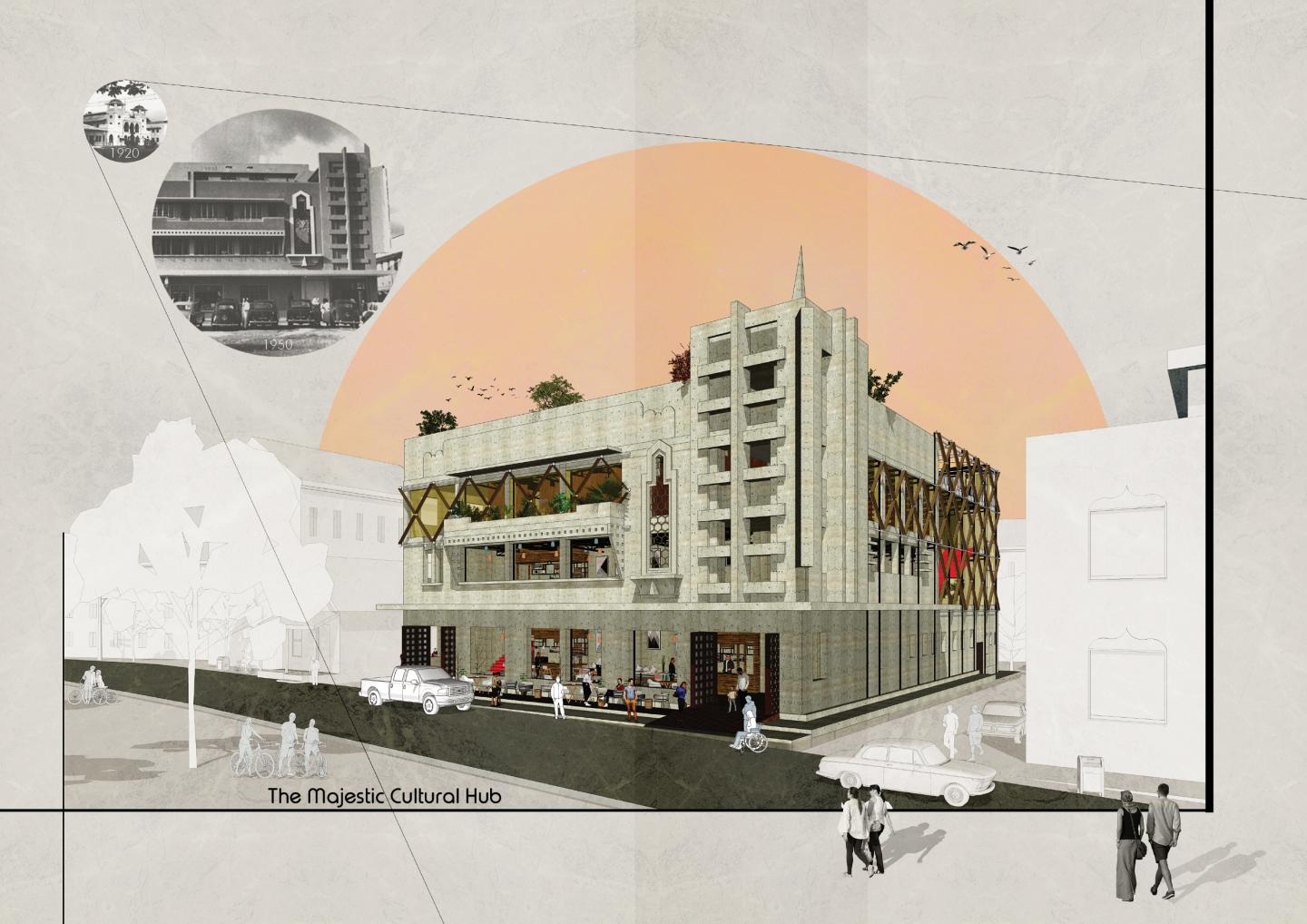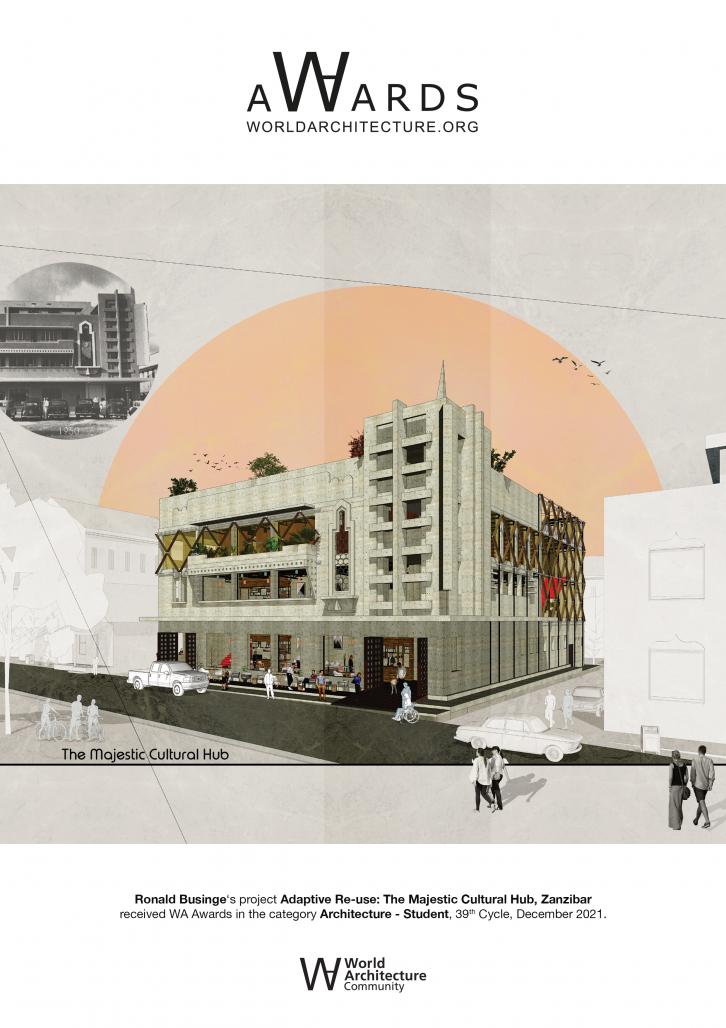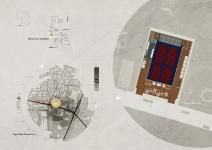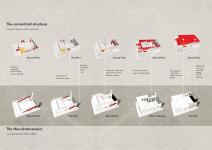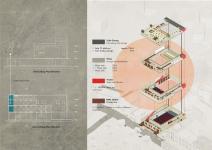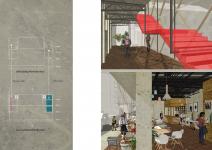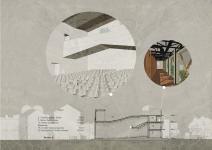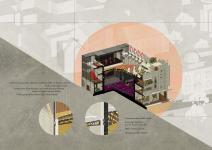The project is an adaptive re-use design proposal for the Majestic Cinema in Stone Town, Zanzibar. It is as a result of a need for a Culture Hub for film and music festivals by the Majestic trust members. These intended user groups and project partners include: Hifadhi Zanzibar, Busara Promotions, Reclaim Women Space, and Zanzibar International Film Festival.
Cinema, or motion picture, is a visual medium that tells stories and exposes different realities. This was and is still a fundamental role of the Majestic Cinema to the people of Stone Town. A place visited to experience this window or windows of different dimensions and realities. Today, the building lays abandoned. As new cultural center life is breathed back into the building, our idea is to see to it that its role of manifesting diverse potentials and realities to its users is given priority.
This building dates back to the 1920s designed by the British architect John Sinclair. It was burnt down and rebuilt to an art-deco style where to today, the coral stone and concrete cubic forms and vertical lines enclosing a movie theater still stand out. However, on top of abandonment, these elements face a threat of structural failure.
The presented idea is to anchor these elements with a modern bone, a steel structure that runs through the building while reinforcing the old elements of the building.
The goal is to maintain the authentic old elements of the building while creating a monument which exhibits a merge between the old and new. The result also pays homage to the timeline of change by highlighting the old, current and future aspects in its structure.
2020
2020
Old:
3 levels around an indoor cinema and a dilapidated steel sheet roof
New:
Roof top outdoor presentation space to accommodate more events.
Steel construction as a modern bone to anchor the old ruins.
Student:
Ronald Businge
Instructor:
Achilles Ahimbisibwe
Institution:
Uganda Martyrs University, Faculty of the Built Environment
Adaptive Re-use: The Majestic Cultural Hub, Zanzibar by Ronald Businge in Uganda won the WA Award Cycle 39. Please find below the WA Award poster for this project.
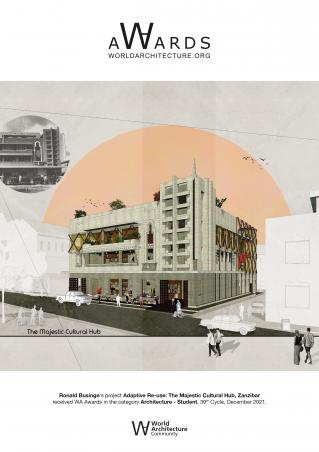
Downloaded 0 times.
